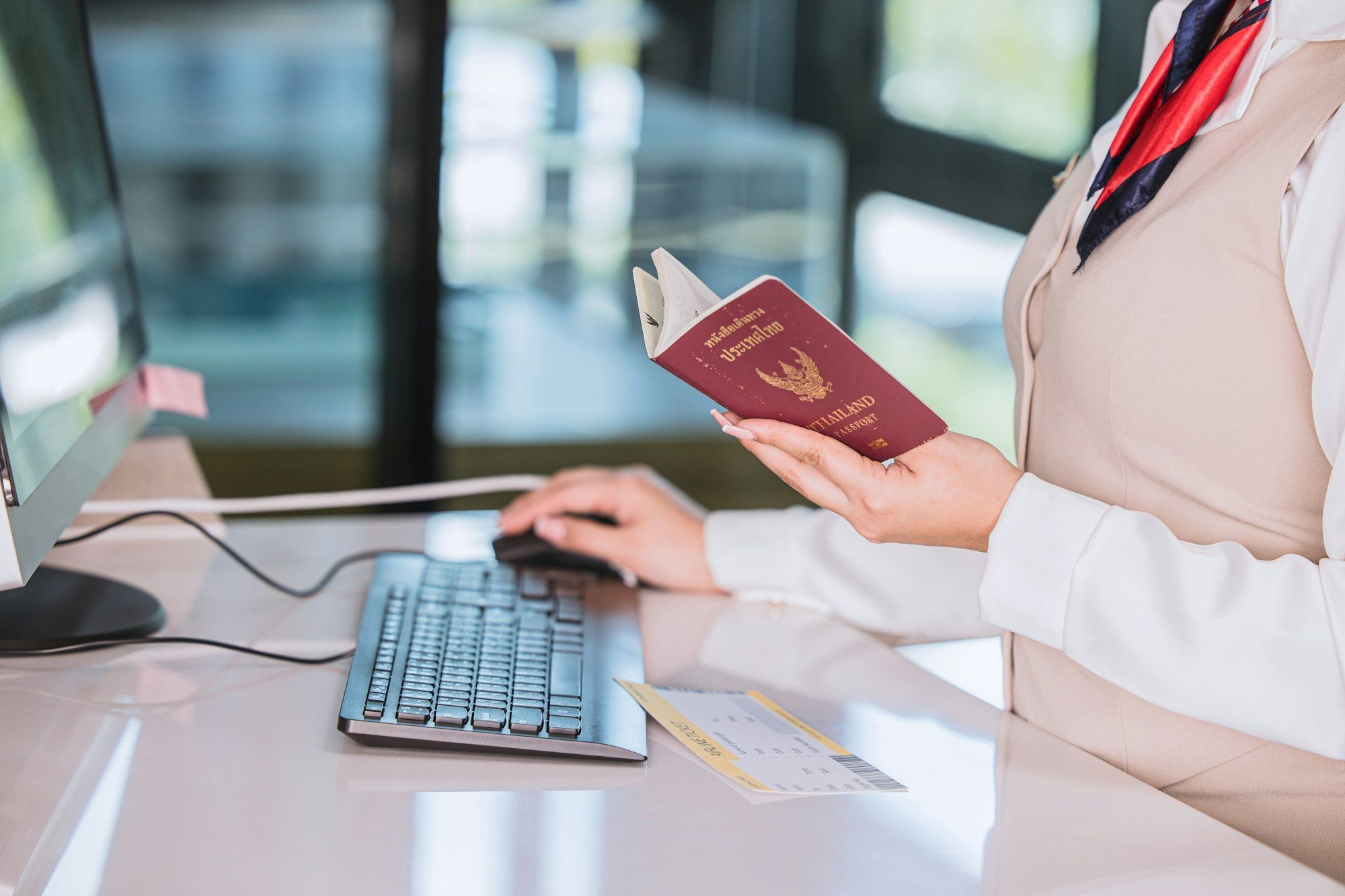The D2 Visa for entrepreneurs opens the door to a vibrant business landscape in Portugal, granting access to not just local markets but also the entire Schengen area. This essential guide provides a thorough exploration of eligibility criteria, application steps, and tips that can enhance your chances of success. Whether you’re starting fresh or expanding your venture, understanding this visa’s nuances is crucial for your entrepreneurial journey in Portugal.
Overview of the D2 Visa for Entrepreneurs in Portugal
The D2 Visa, often referred to as the Entrepreneur Visa, is specifically designed for non-EU citizens aiming to establish or expand their entrepreneurial ventures in Portugal. This visa provides numerous advantages, including residency rights in Portugal and seamless access to the broader European market, encompassing 27 Schengen countries. For those eager to embark on their entrepreneurial pursuits, the process to start d2 visa portugal application is a critical first step and requires careful planning and adequate preparation.
In the same genre : Discover the cotswolds” top artisan cheese makers: your essential guide to gourmet delights
One of the key benefits of the D2 Visa is its flexibility. Unlike other visa categories, there are no preset minimum investment thresholds, allowing applicants to adapt their financial resources based on the scale and objectives of their business. However, it is essential to demonstrate adequate financial means to sustain living expenses and business operations for at least one year. This typically involves maintaining a minimum balance of approximately €19,684 in a Portuguese bank account, with additional amounts calculated for accompanying family members.
Eligibility largely depends on presenting a comprehensive business plan that highlights the economic and social value your venture brings to Portugal. Applicants must underscore how their business aligns with Portugal’s objectives in foreign investment and job creation, supported by proof of relevant qualifications or professional experience.
This might interest you : Embark on a culinary journey: your essential guide to london”s must-taste british street food delights
The D2 Visa Application Process
Steps to Apply for the D2 Visa
To begin the D2 visa application process, applicants must first secure a Portuguese Tax Identification Number (NIF), open a Portuguese bank account, and provide proof of accommodation. Completing these preparatory steps is critical to ensuring compliance with legal requirements for entrepreneurs in Portugal. The application itself must be submitted through the Portuguese Consulate in the applicant’s country of residence.
Once submitted, the process moves to the Agency for Migration and Asylum (AIMA) in Portugal for evaluation. Key aspects under review include a detailed business plan that demonstrates the economic and social value of the proposed venture, as well as proof of financial sufficiency.
Required Documentation for the Application
Essential necessary documentation for D2 visa applications includes:
- Comprehensive business plan
- Proof of professional qualifications (for freelancers)
- Portuguese bank statements showing sufficient funds (€19,684 minimum balance)
- Proof of accommodation
- Health insurance valid in Portugal
Applicants must also demonstrate their eligibility criteria by showcasing viable entrepreneurial intentions through investment opportunities in Portugal.
Expected Processing Times and Initial Residency Permit Steps
The timeline for D2 visa processing typically spans 60 days. Once granted, the visa allows entry into Portugal, where applicants commence steps to secure a D2 visa residence permit, valid for two years.
Financial Aspects of the D2 Visa
Understanding Financial Requirements and Living Expenses
When applying for a D2 Visa, financial stability plays a critical role. While there’s no mandated minimum investment to qualify, applicants must demonstrate sufficient resources. For an individual, this includes maintaining a bank balance of at least €19,684, mirroring one year of Portugal’s minimum annual wage. Additional funds are necessary to cover any dependents. Moreover, the living expenses in Portugal are relatively moderate compared to other European nations, but they vary based on location and lifestyle. Urban hubs like Lisbon may demand higher costs, whereas rural areas present more affordable options.
Overview of Applicable Fees for Visa Application
The cost of the D2 Visa application starts at €90 for government fees. Additional expenses involve health insurance, legal fees if hiring assistance, and potential costs for securing Portuguese residency setup requirements, such as a tax number (NIF) and local bank account. Having a clear understanding of these fees helps applicants budget effectively.
Tax Benefits and Implications for D2 Visa Holders
D2 Visa holders benefit from Portugal’s Non-Habitual Resident (NHR) tax regime. This regime can significantly reduce taxes on certain foreign incomes for up to 10 years, albeit recent 2024 regulatory updates have slightly reduced its benefits. Understanding these tax implications ensures better financial planning for entrepreneurs.
Challenges and Additional Considerations
Potential Challenges Faced During the Application Process
Navigating the D2 visa application process can pose certain obstacles. One common pitfall is submitting incomplete or incorrect documentation, such as business plans that fail to align with Portugal’s legal requirements for entrepreneurs or insufficient proof of financial resources. Language barriers also complicate the preparation of required forms, as most documents must be in Portuguese. Additionally, meeting the specific timeline for submission, including securing a Tax Number (NIF) and opening a Portuguese bank account, is essential to avoid delays.
Legal and Compliance Requirements for Entrepreneurs
Legal requirements for entrepreneurs in Portugal encompass mandatory compliance with local business laws and tax obligations. Establishing a legitimate business presence often requires registration with Portugal’s Commercial Registry and adherence to the country’s labour laws. For those applying via the Independent Service Provider Route, demonstrating professional qualifications is another key element of compliance. Financial documentation, including maintaining a minimum bank balance of €19,684, further proves applicants’ ability to sustain their venture and living costs.
Resources and Support Available for Startups and Entrepreneurs in Portugal
Portugal offers extensive support for startups, such as access to incubators, mentorship programs, and networking opportunities. These resources help entrepreneurs integrate into the vibrant Portuguese business culture, enabling them to develop innovative practices while leveraging Portugal’s strategic position within the EU market. Options like venture capital funds and co-working spaces further ease the establishment and scaling of businesses.











